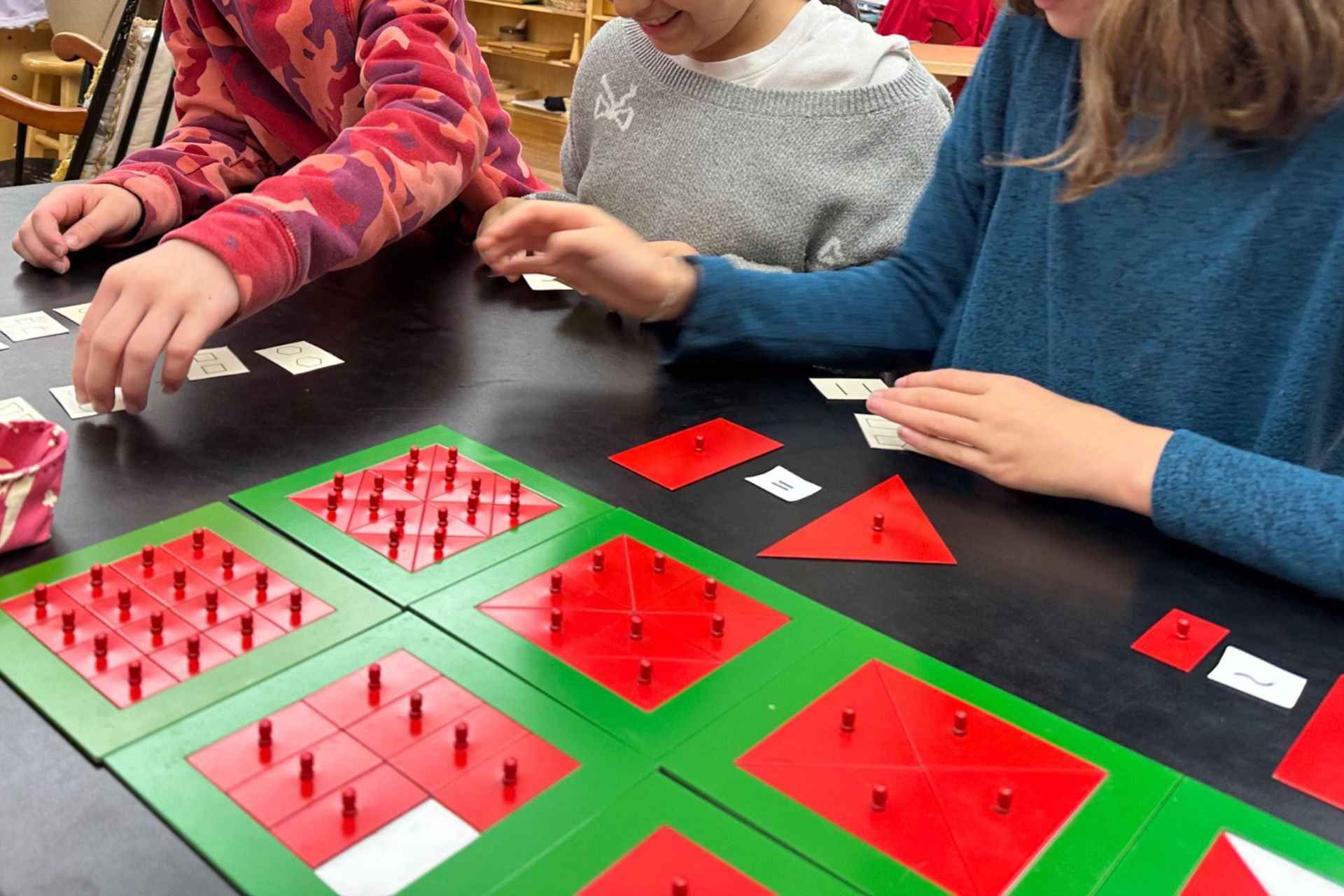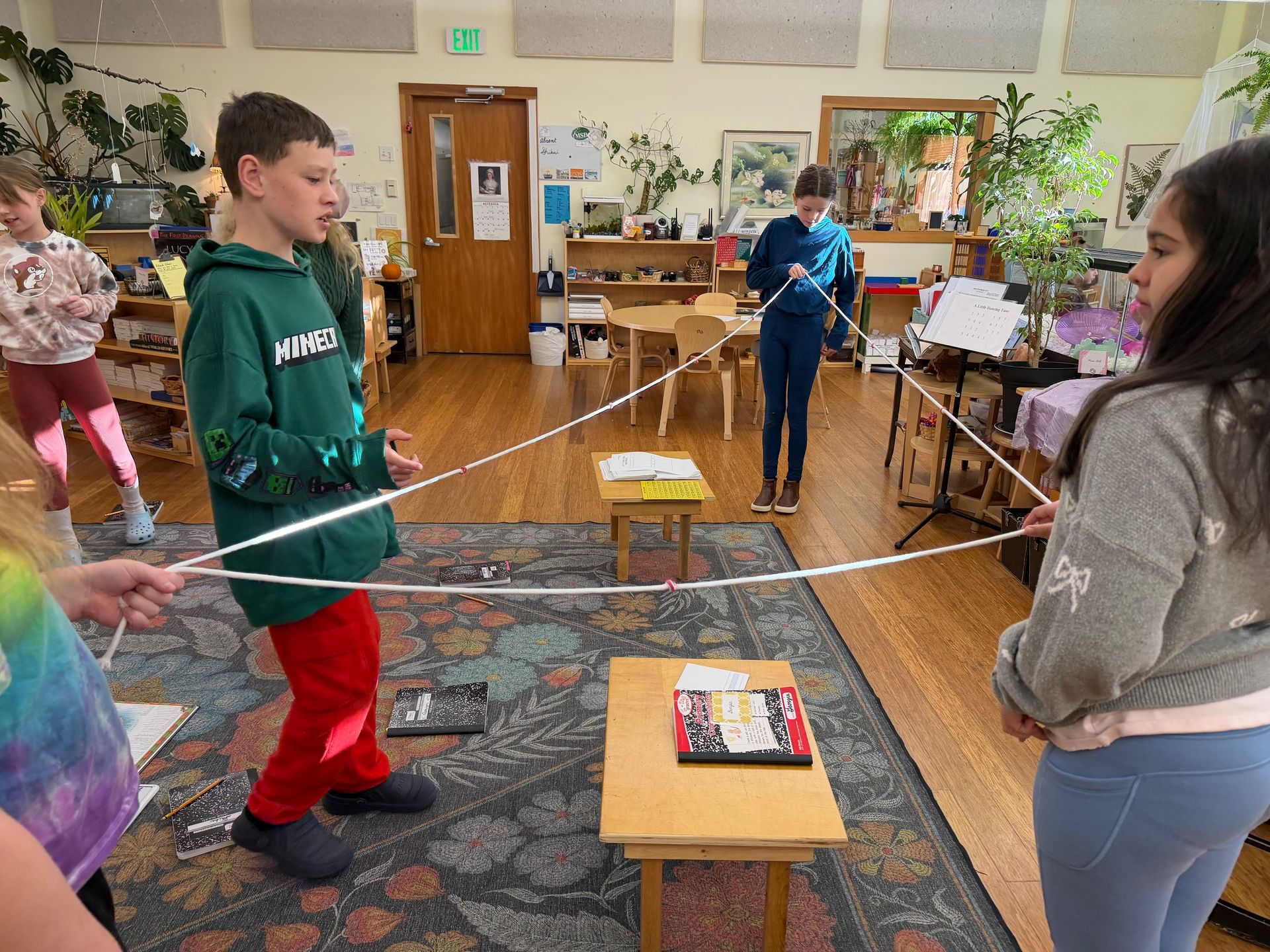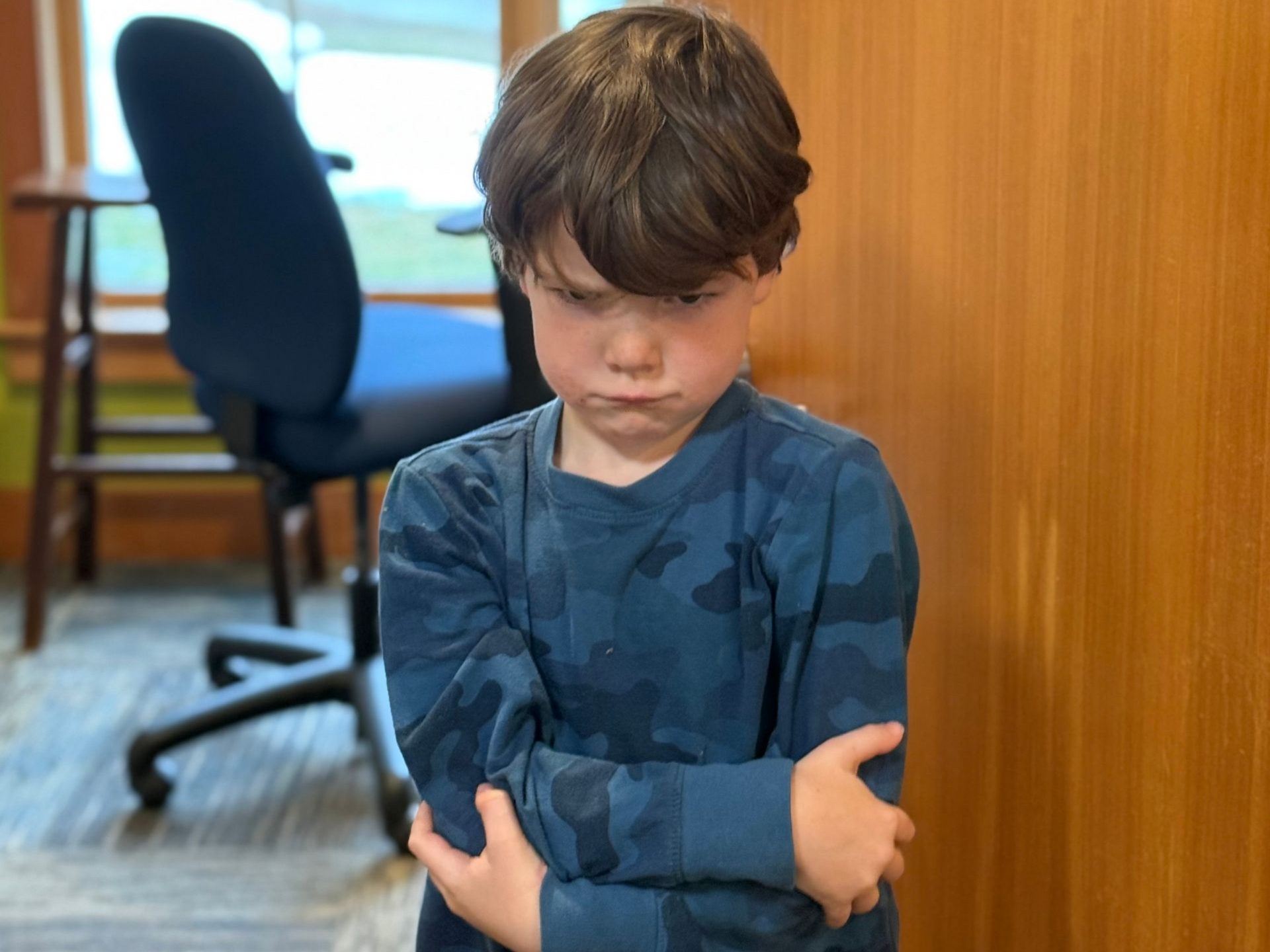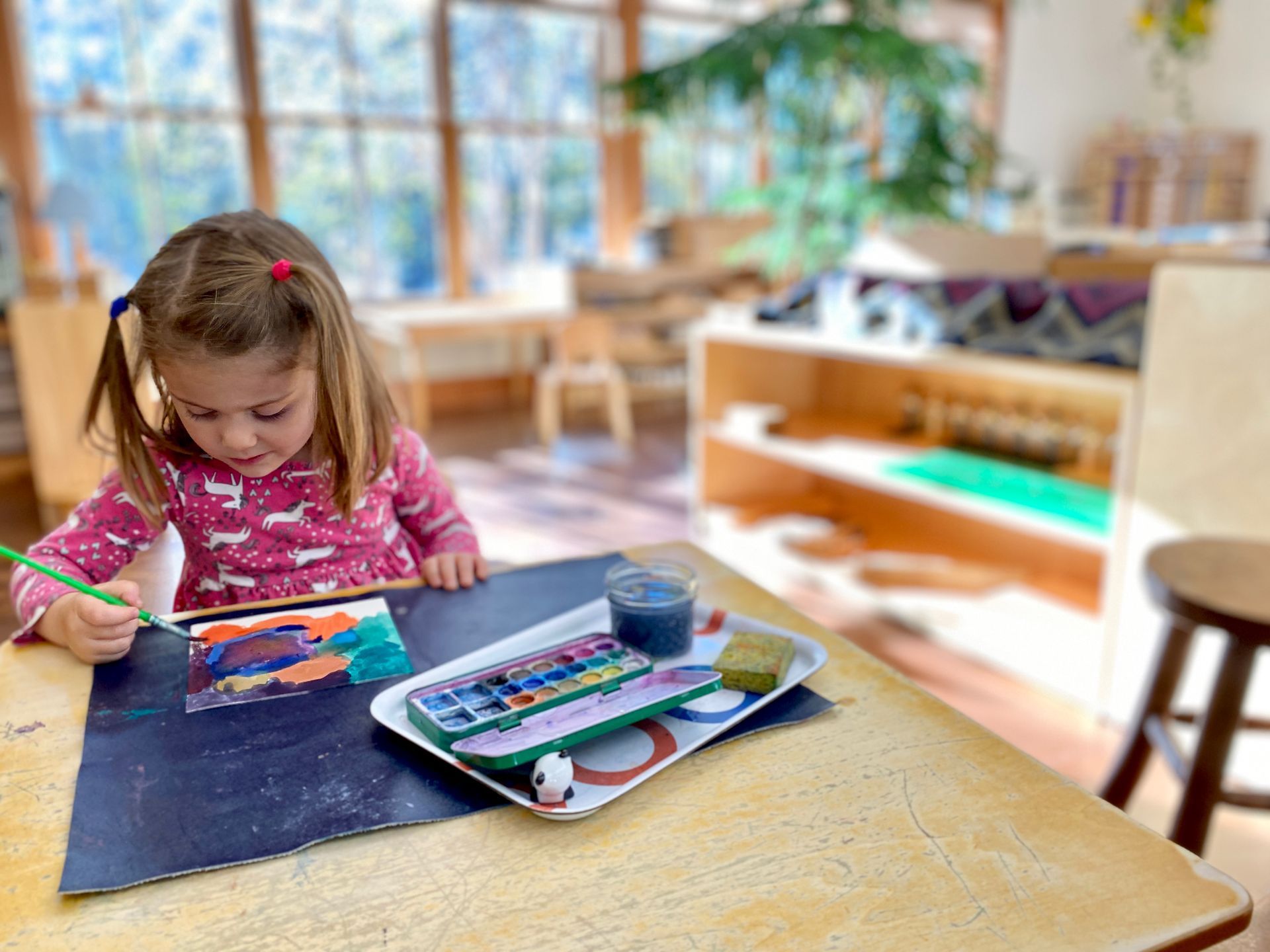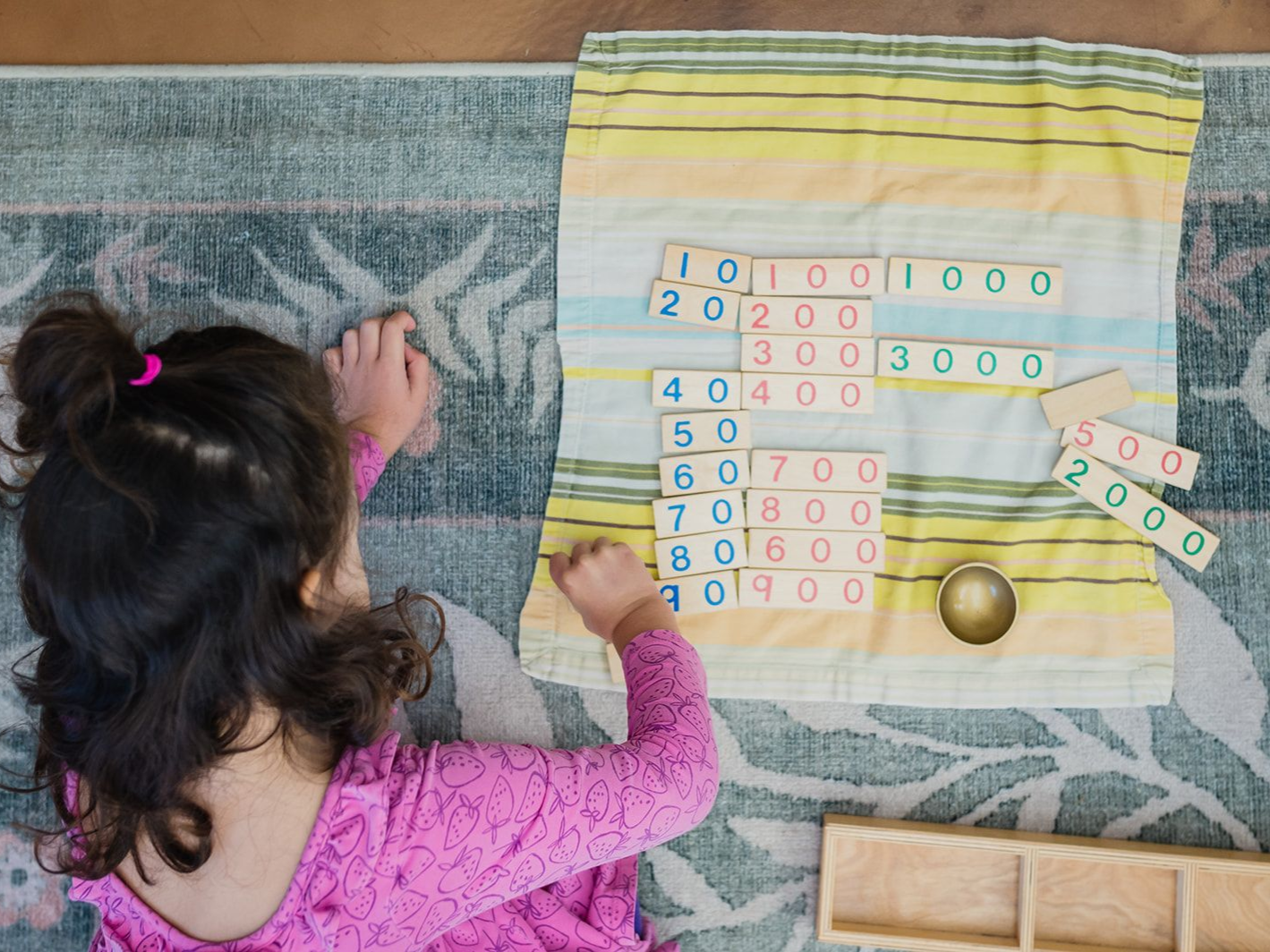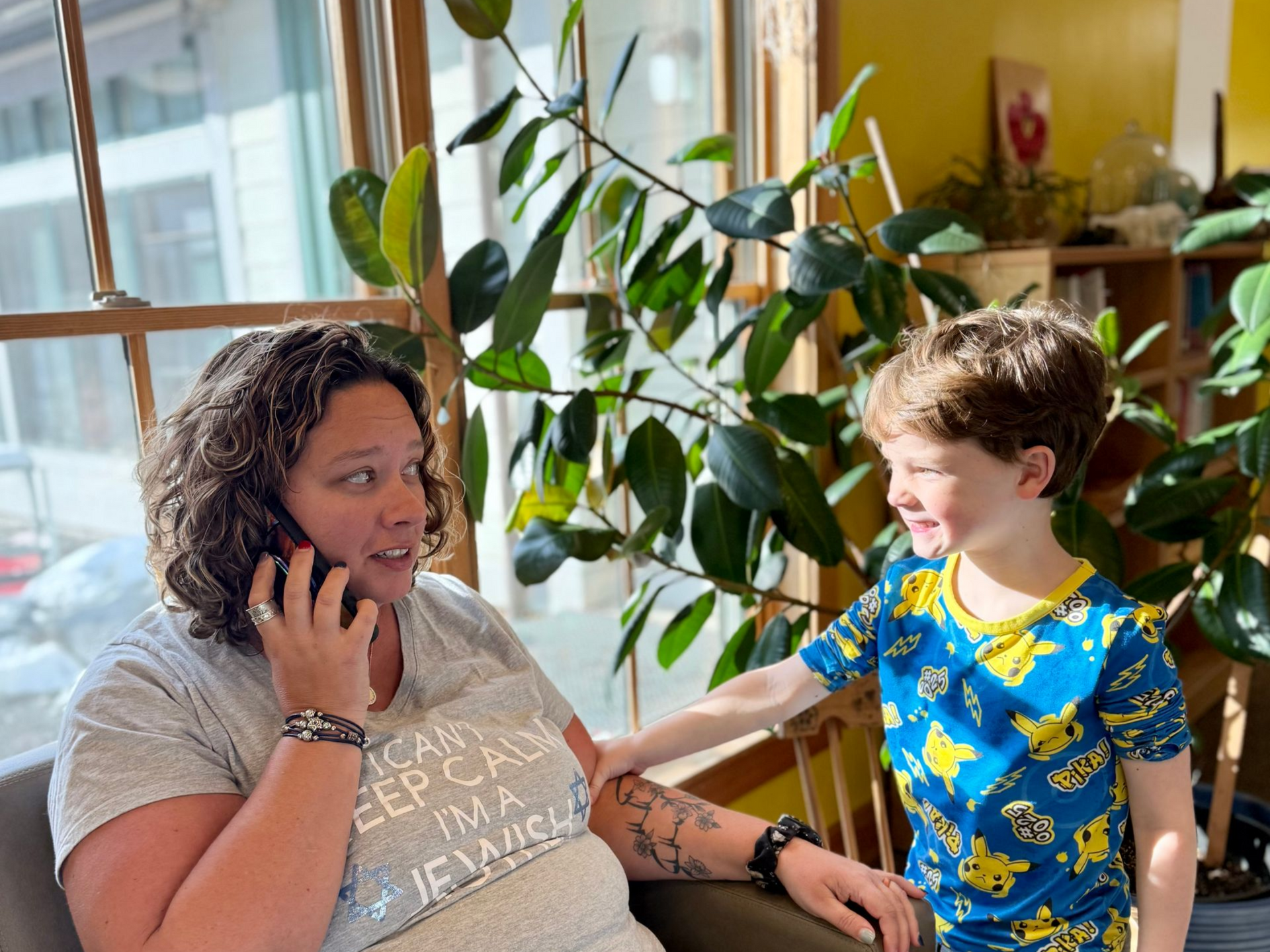Nurturing the Whole Child: How Montessori Balances Emotional, Social, and Cognitive Growth
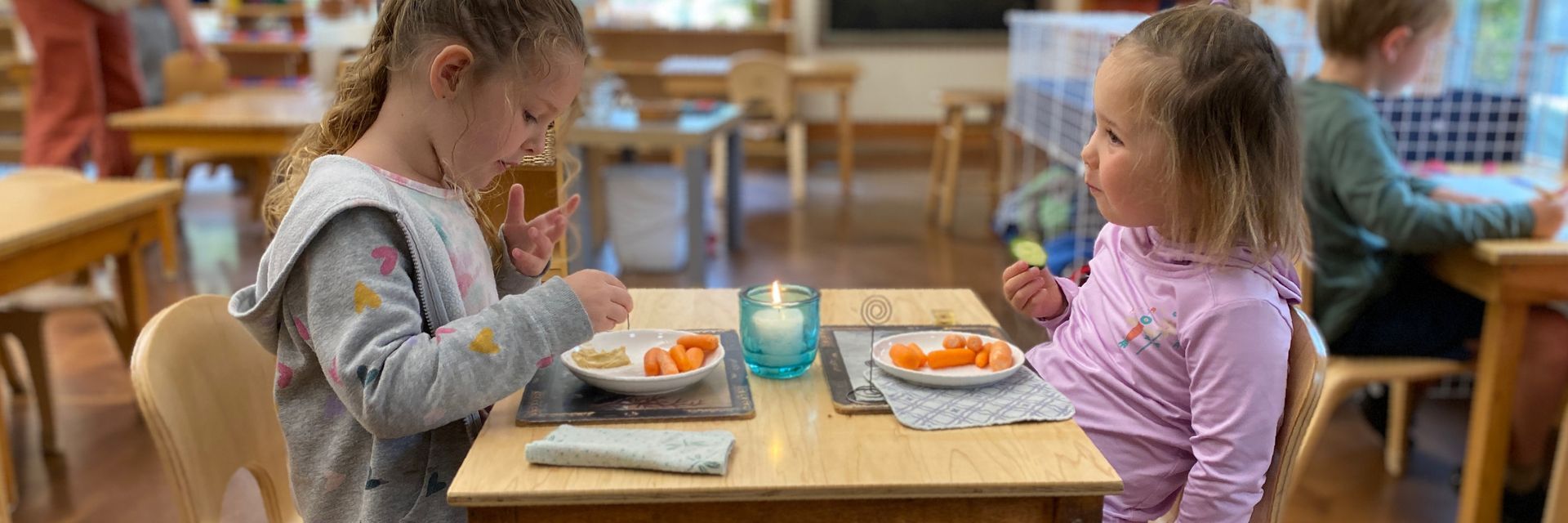
One of the gifts of Montessori education is that we can truly focus on the whole child —cognitive, social, emotional, and physical. Our approach is not just about academics but also about nurturing life skills, emotional intelligence, and social relationships.
The Montessori approach to child development revolves around the understanding that children are naturally curious, care deeply about others, and can be intrinsically motivated. When provided with the right environment, children can deepen both their love for learning and their appreciation of and care for the community.
Prioritizing the Prepared Environment
One of the keys to balancing social-emotional learning with cognitive and physical development is prioritizing the impact of a prepared environment. In Montessori, a prepared environment is a place specially designed to appeal to children’s sensitive periods for learning, as well as their core human needs and tendencies. When designing these prepared spaces for children, we work to ensure children feel safe and supported so they can reach their potential. The Montessori-prepared environment is a place where children can feel at home as they develop their inner selves and outer skills.
Our carefully prepared Montessori classrooms are calm and orderly, foster independence and decision-making, and provide varied opportunities for peer interactions in mixed-age classrooms. The result is that children can develop their emotional regulation skills in child-centered spaces.
Opportunities for Conflict Resolution
In addition, we weave in opportunities for conflict resolution. This means we actively model and support children as they learn to communicate their feelings through words. In addition to promoting self-awareness through identifying and naming emotions, we also teach active listening, problem-solving, and techniques for self-regulation (from deep breathing to using calm-down spaces).
Adults serve as mediators and guides rather than arbitrators and judges. Through guided discussions, we help children think reflectively about social interactions, practice respectful communication, facilitate peaceful solutions, and model how to handle conflict. Ultimately, we want to empower children with tools they can use even if an adult isn’t present!
Respect for Others
One key to this is cultivating respect for others’ perspectives and patience for alternative approaches. Because children work together in a variety of ways through their care of the classroom environment and small group projects or lessons, they develop a deep sense of compassion and empathy. Our mixed-age groupings and peer-to-peer learning activities promote collaboration and mentorship. So, in addition to the adults, older children also serve as models of emotional regulation and conflict resolution for younger peers. The result is that Montessori children develop a deep tolerance for and appreciation of difference.
Deep Appreciation for Community
Children thrive when they have a sense of community and belonging. So, we promote inclusivity and respect for diversity within the classroom. The Montessori curriculum includes a range of activities that encourage group cohesion and empathy-building, which leads to trust and respect among our students.
The long-term benefits of Montessori’s focus on social-emotional learning and conflict resolution are that children develop lifelong social skills such as a deep sense of empathy, effective communication with various people, and the ability to cooperate with grace and goodwill.
The Montessori method nurtures social-emotional learning and equips children with essential conflict-resolution skills they can use in their classroom communities and social interactions outside of school.
Do you want to learn more and perhaps even support these practices at home? Schedule a visit today!




